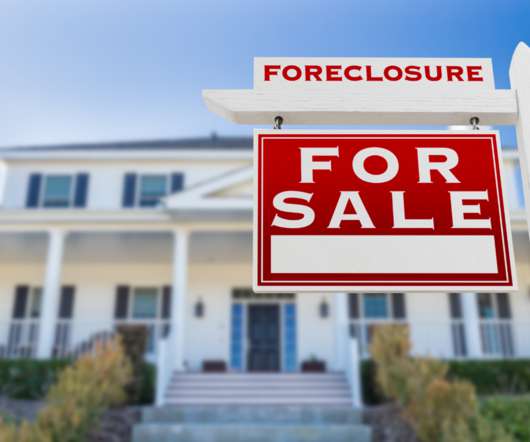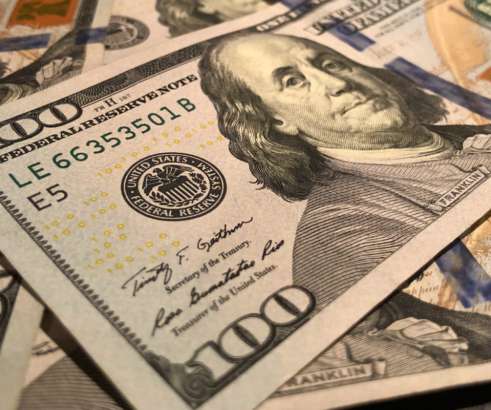17 Home Closing Delays and How You Can Avoid Them
HomeLight
JULY 31, 2020
For most buyers, financing a home through a bank or lender with a mortgage loan is necessary to purchase the property. Because the entire sale hinges on securing this loan, it is a top criteria for closing, and it’s also the most common reason for a delay in the closing process. Short sale. Loan approval. Dodge move.















Let's personalize your content